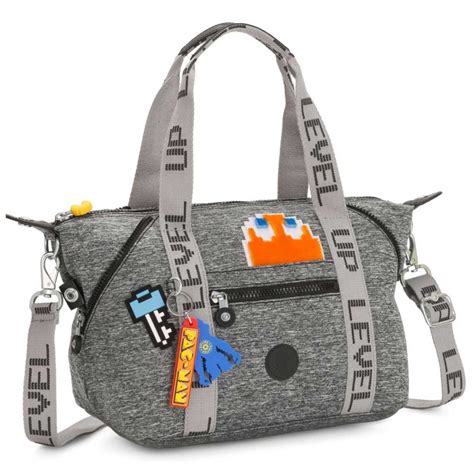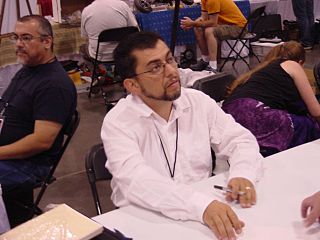A Quote by Kim Edwards
Writing is always a process of discovery—I never know the end, or even the events on the next page, until they happen. There’s a constant interplay between the imagining and shaping of the story.
Related Quotes
When I'm writing comics, I'm also visualizing how the story will look on the page - not even always art-wise, but panel-wise, like how a moment will be enhanced dramatically by simply turning a page and getting a reveal. It requires thinking about story in a way I never had to consider when I was writing prose.
When I am working on a book or a story I write every morning as soon after first light as possible. There is no one to disturb you and is it is cool and you come to your work and warm as you write. You read what you have written and, as you always stop when you know what is going to happen next, you go on from there. You write until you come to a place where you still have your juice and know what will happen next and you stop and try to live through until the next day when you hit again.
In my experience, writing a novel tends to create its own structure, its own demands, its own language, its own ending. So for much of the period in which I'm writing, I'm waiting to understand what's going to happen next, and how and where it's going to happen. In some cases, fairly early in the process, I do know how a book will end. But most of the time, not at all, and in this particular case, many questions are still unanswered, even though I've been working for months.
I hate outlines. I have a broad sense of where the story is going; I know the end, I know the end of the principal characters, and I know the major turning points and events from the books, the climaxes for each book, but I don't necessarily know each twist and turn along the way. That's something I discover in the course of writing and that's what makes writing enjoyable. I think if I outlined comprehensively and stuck to the outline the actual writing would be boring.
I myself, as I'm writing, don't know who did it. The readers and I are on the same ground. When I start to write a story, I don't know the conclusion at all and I don't know what's going to happen next. If there is a murder case as the first thing, I don't know who the killer is. I write the book because I would like to find out. If I know who the killer is, there's no purpose to writing the story.
That's what I love about documentary filmmaking, we never know where the story is going, we don't know what is going to happen next, and we're inside a culture of people that you have to figure out in many ways. It's a relationship between what you thought might have been the story, and what happens in the 'field.'































